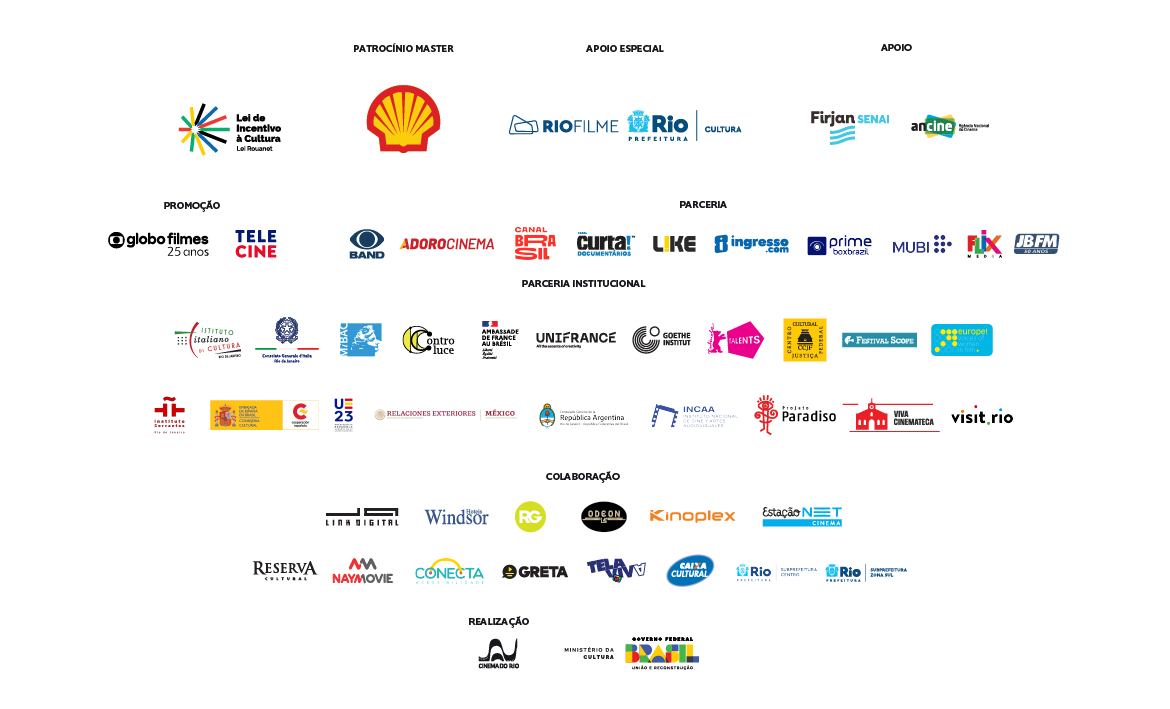Interview: Catherine Hardwicke, director of Miss You Already

We are thrilled to have internationally acclaimed director Catherine Hardwicke with us at the Festival do Rio this year to introduce her latest film, Miss You Already. Catherine has a long career of cinematic success behind her, working with huge names in the industry such as Richard Linklater, as well as directing many of her own films, including Academy Award-nominated independent film Thirteen in 2003. She can also admit to being the lady who brought cult teen-fiction craze Twilight to the big screen, beating records for the biggest opening weekend ever for a female director.
Catherine’s latest film deals with the potency of friendship and the heartbreak of loss. Best friends since childhood, Milly (Toni Collette) and Jess (Drew Barrymore) are suddenly confronted with a series of life-changing events that threatens to erode the tight-knit bonds of friendship, family and love that they, and those around them, have created: Jess discovers she is pregnant with a much-wanted child, just weeks after Milly is diagnosed with breast cancer.
Catherine dropped into the Festival’s headquarters to chat about Miss You Already and what it is like to be a woman in the business today.
What inspired you to make this film?
Lots of people I know have had cancer – or know someone who has – and have been through a similar experience to Milly, her family and friends. There’s no denying it’s a tough subject. My dad had cancer, and he was making jokes the whole time. He’d say something ridiculous or funny, just to make us laugh and cheer us up. I read the screenplay for Miss You Already written by Morwenna Banks – who usually works with comedies – and I fell in love with the project. The subject matter is serious, but she still keeps the life and the humor in there.
Your film paints a realistic picture of what it’s like to suffer from a life-threatening disease. Do you think there is a taboo surrounding the language we use to talk about cancer patients?
I was surprised when so many people told me after watching the movie that they’d cried, because I’d deliberately made Milly such a difficult person. I think in some ways she’s fairly unlovable – at one point Jess calls her a “cancer bully”. People tend to assume that cancer patients turn into saints, into heroes, and I wanted to contradict that by showing that Milly still has the same problems she’s always had. She’s still the same feisty, selfish woman. In fact, I think it’s more likely that the pressure of coping with cancer would make you more selfish, would make you lash out even more. The discourse of the film deliberately walks that line: what can you say about cancer victims. It’s a dialogue that’s fascinating to initiate.
You have been giving Masterclasses in film-directing, (most recently at the Festival do Rio). What kinds of information do you think it’s important to pass on to aspiring directors? Were there any practical obstacles that had to be overcome during the production of your latest film?
Usually at these events I explain how I prepare for my films, sharing some of my problem-solving tools that the audience might find interesting or useful. I try to keep things practical and informative, with examples from my work. For Miss You Already our main difficulties were logistical. The location of the shoot, London, is a very expensive city, one that’s extremely tough to navigate. It’s practically impossible to drive around without getting caught in rush hour or having to pay the congestion charge. Aside from that, I really wanted to portray London as a cosmopolitan, vibrant, dynamic city. I’m an architect by trade so I’m fascinated by urban visuals and wanted to recreate that London aesthetic. It was challenging to get all that in, physically and logistically, but fun too!
Can you tell us a bit about what it is like to be a woman in the film-making industry?
Being a woman director has its advantages, namely, helping with bringing out the strong female relationships in this film. At an emotional point in filming I can draw on my own experiences: imagine a recent conversation I’ve had with my sister or with a girl-friend and think to myself, now what would I say here now, what would I do? I do generally try to encourage everybody on set to share their experiences and ideas. There are also difficulties to being a woman in this field. I made my first film, Thirteen, twelve years ago and the statistics have not changed since then. We women directors are still massively under-represented, responsible for just 4% of all cinematic output. 2015 could be the start of a radical change, who knows?! This could be the tipping point! But it relies on the public saying, ok, for every film directed by a man that I support, I need to support one by a woman. Let’s start making this fifty-fifty.
By Gill Harris
Voltar
 Português
Português
